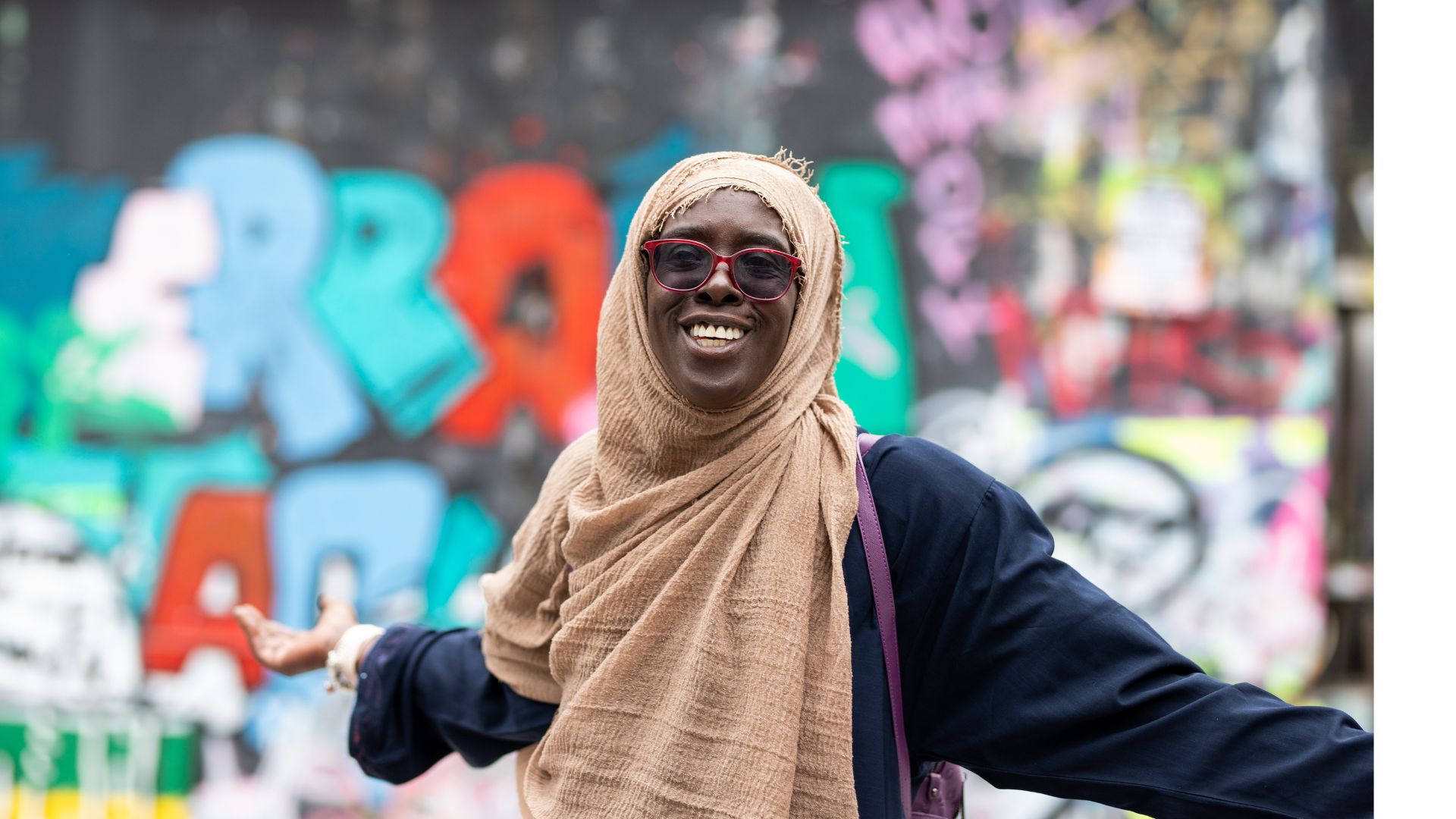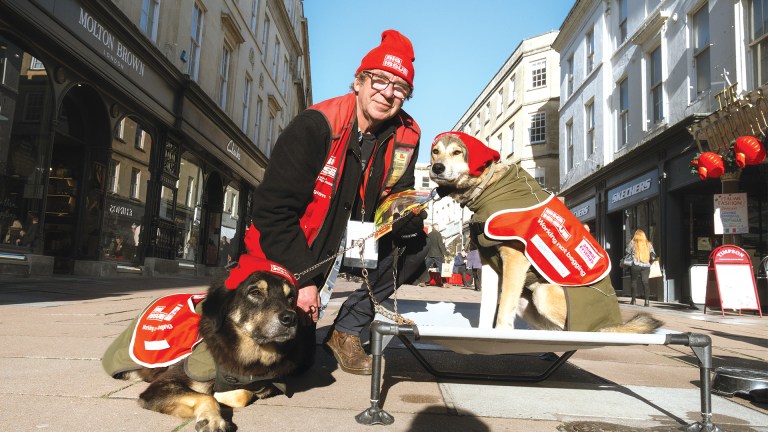Eye care is vital for health and quality of life – but the people who need it most often struggle to access it. Specsavers want to change that. They’re working with Vision Care for Homeless People (VCHP) to launch a Bristol-based project providing eye care for people experiencing homelessness.
“Bristol is a city where people pull together,” says co-founder of Specsavers Dame Mary Perkins. It’s an appropriate sentiment – we’re here, in the city where she grew up and began her career, to launch VCHP and Specsavers’ crucial initiative, which was made possible through a collaboration between the two allies.
Set to launch in October 2023 at the city’s Compass Centre, the project aims to make a meaningful impact on those most in need. “The new service is part of a broader commitment to improving eye care accessibility for all,” says Dame Mary, who has been a patron of VCHP for 10 years.
Local insight and international inspiration
“I was born in Bristol, I’m a Bristolian,” she says, recalling her early days straight out of university, running an optical business in the city. Her connection to the community is clear. Optometry is, after all, a uniquely intimate healthcare experience between optometrist and patient. Physical closeness comes with the territory, and so a personal connection often follows. An optician’s store becomes part of a local community in every town. “You get to know people; you’re helping them to see better – that’s so important.”
Specsavers, the business she co-founded with her husband Doug Perkins in 1984, aims to nurture these community ties, fostering a sense of closeness that extends beyond providing glasses or hearing aids. “It’s about treating each person who walks through the door as a new best friend, whoever they are,” as Dame Mary puts it.
Those working on setting up the new centre have high hopes. To support and inform the service design and development, Specsavers and VCHP, working with Expert Focus, have formed an ongoing focus group with people who have lived experience of homelessness. Insight from this group will help to improve accessibility for all disadvantaged communities, and show how it can be improved within VCHP clinics and Specsavers’ own stores.









